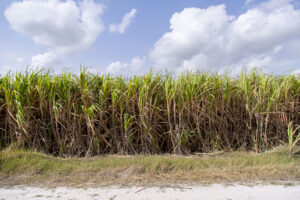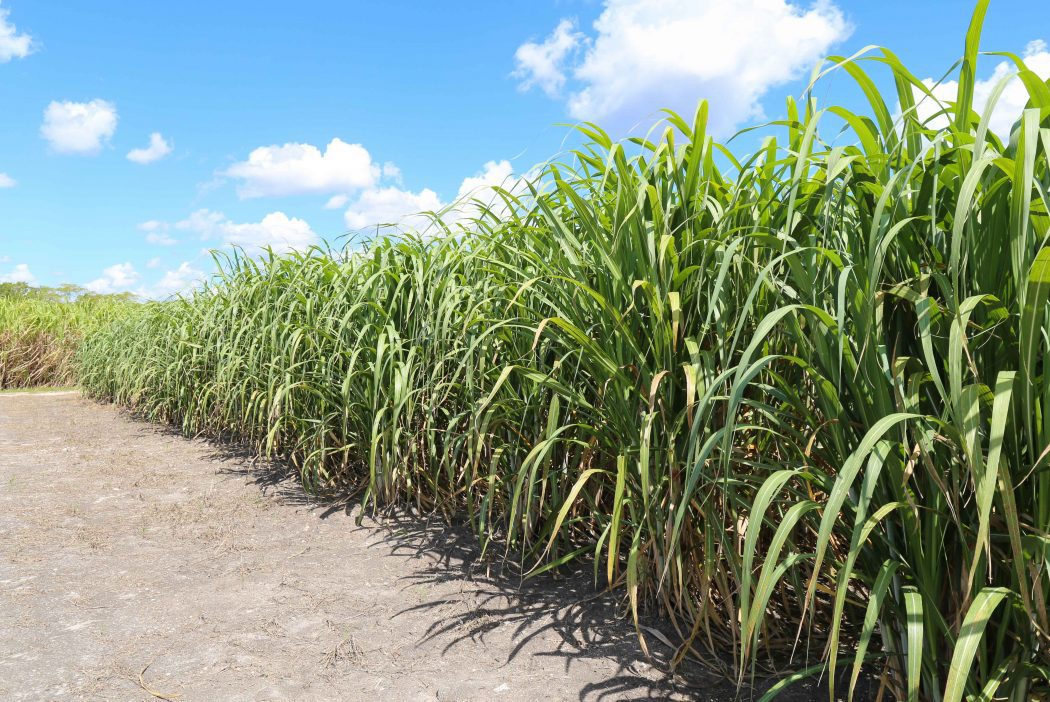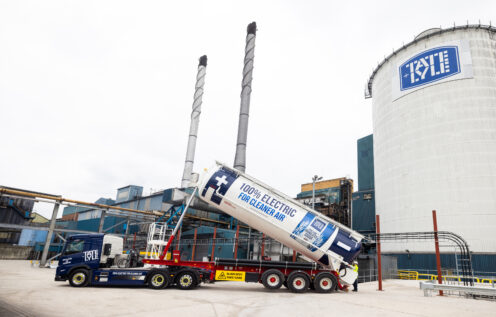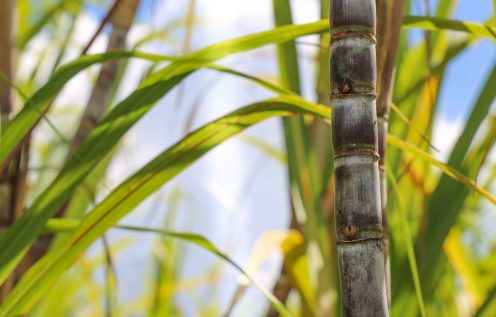19/12/2023 Case study
Establishing a baseline for measuring carbon emissions in cane farming and sugar milling in Northern Belize
We’re committed to reducing carbon emissions in our own operations and to building capacity and supporting our suppliers to eliminate scope 3 emissions in our supply chain.
One of the suppliers to our Thames Refinery, Belize Sugar Industries (BSI), an ASR Group mill, took part in an independent third-party study of the carbon footprint of smallholder sugarcane farming and milling in Belize. The study, which was funded by Fairtrade International and conducted by an independent consultancy, Soil & More Impacts, was undertaken to establish a baseline from which the sugar industry in Belize can identify opportunities and focus their efforts to reduce carbon emissions.
According to the study, the carbon footprint of raw cane sugar produced by BSI was determined to be 0.474 kg CO2e per kg raw sugar. The study is available in full here: https://bit.ly/3MHZrJu and more information about the process here :
The carbon footprint of raw cane sugar is favourably impacted by its natural characteristics, its plant efficiency and also existing operational practices which are already carbon positive, as confirmed in the study:
- Sugarcane belongs to the exclusive club of C4 plants that has exceptional capacity to capture CO2 and convert it into biomass; and is highly efficient in water and nutrient use;
- Bagasse (cane fibre left over from the processing of sugarcane) is used as a biofuel by BSI to power the sugar mill and to produce electricity.
- When surplus electricity is fed into the grid, it displaces other non-renewable energy sources, thereby reducing emissions. BSI provides 15% of the electricity needs of Belize.
Encouraging our suppliers to adopt sustainable agriculture and farming practices to reduce carbon emissions

Sugarcane producers are among the communities most affected by climate change, facing challenges such as extreme weather events including frequent and intense tropical storms, which devastate cane fields and infrastructure, as well as floods, unseasonal rains and droughts. If sugarcane producers are to continue to thrive we must work together to help them to adopt regenerative farming practices that ecologically protect and replenish the land. This means minimising topsoil disturbance; increasing biodiversity; preventing deforestation; enhancing ecosystem services; and strengthening the health and vitality of farm soil. We will continue to support our smallholder farmers in particular through Fairtrade, which requires farmers to practice sustainable agriculture.



